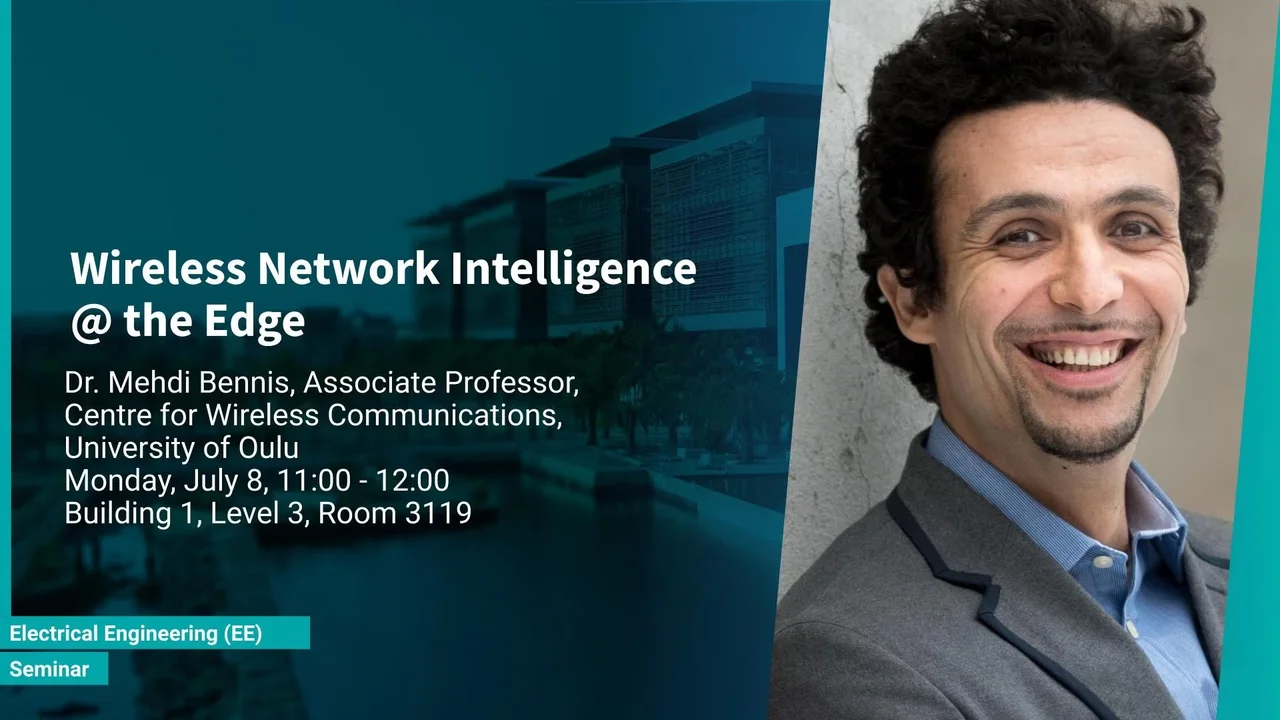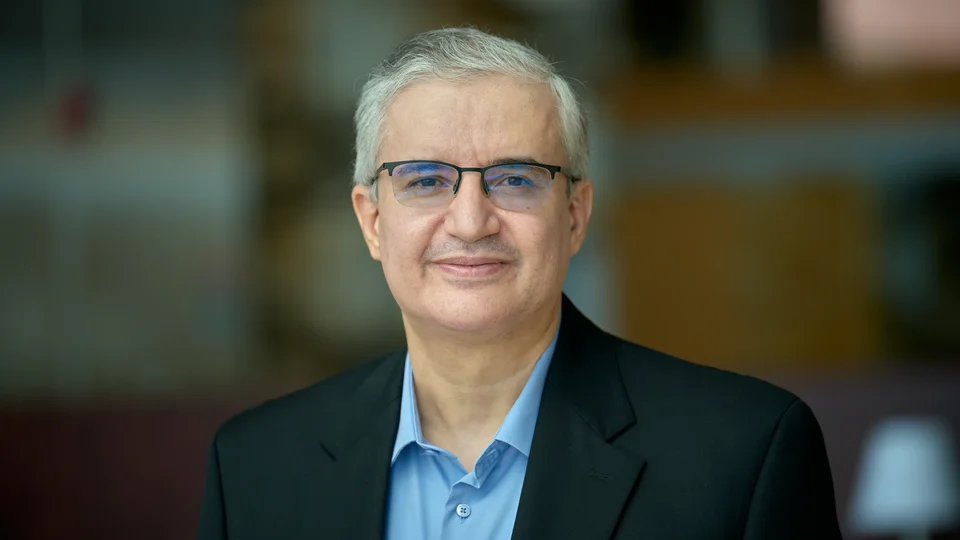
Wireless Network Intelligence @ the Edge
In just a few years, breakthroughs in machine learning (ML) and particularly deep learning have transformed every aspects of our lives from face recognition, medical diagnosis, and natural language processing. This progress has been fueled mainly by the availability of more data and more computing power. However, the current premise in classical ML is based on a single node in a centralized and remote data center with full access to a global dataset and a massive amount of storage and computing, sifting through this data for inference.
Overview
Abstract
In just a few years, breakthroughs in machine learning (ML) and particularly deep learning have transformed every aspects of our lives from face recognition, medical diagnosis, and natural language processing. This progress has been fueled mainly by the availability of more data and more computing power. However, the current premise in classical ML is based on a single node in a centralized and remote data center with full access to a global dataset and a massive amount of storage and computing, sifting through this data for inference. Nevertheless the advent of a new breed of intelligent devices and high-stake applications ranging from drones to augmented, virtual reality applications and self-driving vehicles, makes cloud-based ML inadequate. This talk will present the vision of distributed edge intelligence for resource-constrained devices accompanied featuring key enablers, architectures, algorithms and some recent results.
Brief Biography
Dr. Mehdi Bennis is an Associate Professor at the Centre for Wireless Communications, University of Oulu, Finland, an Academy of Finland Research Fellow and head of the intelligent connectivity and networks, systems group (ICON). His main research interests are in radio resource management, heterogeneous networks, game theory and machine learning in 5G networks and beyond. He has co-authored one book and published more than 200 research papers in international conferences, journals and book chapters. He has been the recipient of several prestigious awards including the 2015 Fred W. Ellersick Prize from the IEEE Communications Society, the 2016 Best Tutorial Prize from the IEEE Communications Society, the 2017 EURASIP Best paper Award for the Journal of Wireless Communications and Networks, the all-University of Oulu award for research and the 2019 IEEE ComSoc Radio Communications Committee Early Achievement Award. Dr. Bennis is an editor of IEEE TCOM.
